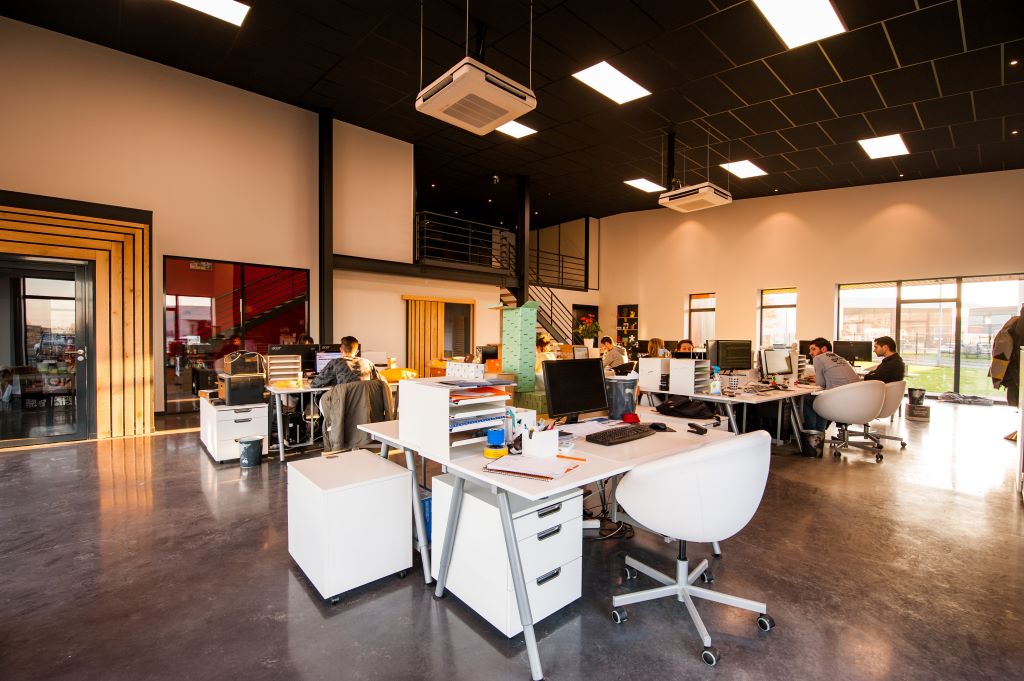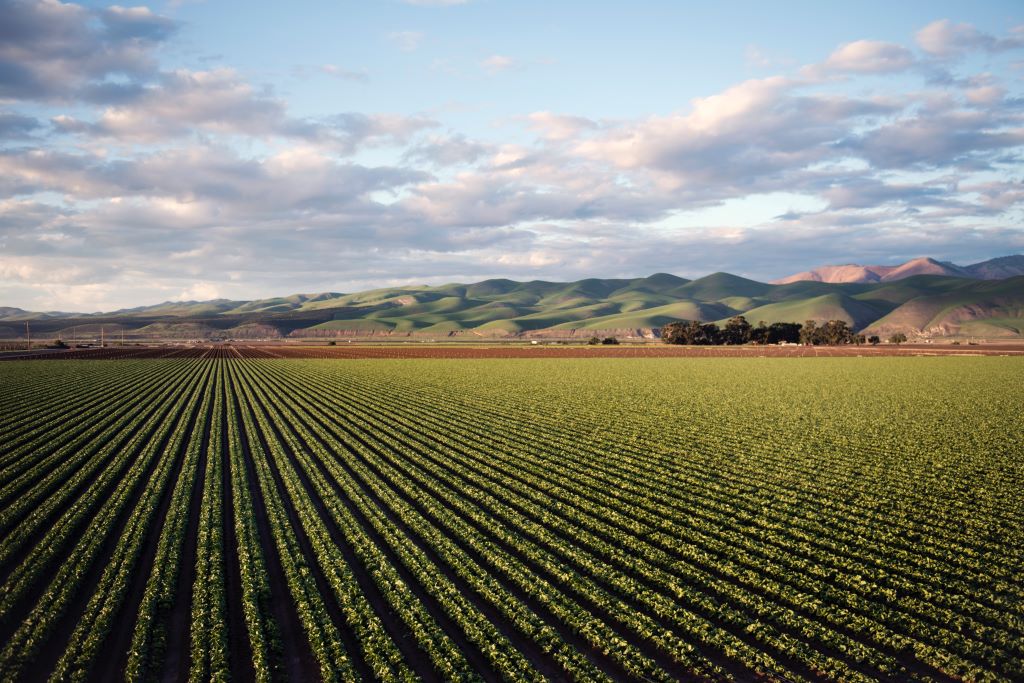#1. 9 in 10 business leaders say young people hit by Covid-19 “development dip.”
An overwhelming majority of U.K. business leaders say young people have been hit by a “development dip” during the pandemic, the result of a long period working from home. That’s according to LinkedIn research, which also found that 42% of leaders recognize that young people’s ability to build meaningful relationships with colleagues while working from home has been difficult. Those young leaders agree; they say their ability to make conversation and conduct themselves in an office has faltered. In fact, most feel “out of practice” with office life. Read more at HR News.

#2. How companies around the world are shifting the way we work.
It’s no secret that the pandemic has triggered seismic shifts in the way we work. One of those big effects: the shift from a more office-centric culture to flexible ways of working. Though the shift is largely experimental at this point, businesses have begun to test different models for the future. There is no right answer, of course, but these four businesses are testing different models, from fully remote to hybrid options to activity-based working models. Read more at the BBC.

#3. The U.K. prepared for a jobs crisis – just not the one it got.
Empty beer taps. Low stock in supermarkets. Every day, there’s a new scarcity of products and services in the U.K. as businesses suffer the impacts of the country’s shortage of truck drivers and other crucial service workers. It’s much worse than what people see, day-to-day, too: job vacancies in Britain are 20% higher than pre-pandemic levels. The country lacks IT workers, doctors, farmworkers, and more. “We’ve got more vacancies than we have candidates,” said Niki Turner-Harding, the senior vice president for Adecco UK & Ireland told the New York Times.
It’s a big dilemma, because employers have plenty of empty jobs, and many people continue to look for work, but the empty positions don’t match the skills people have. “The delayed impact of Brexit, the pandemic and furlough” have combined to hollow out staff availability, Turner-Harding said. The U.S. has the same problem, and economists say it won’t be resolved easily. Read more at the New York Times.

#4. Business travel may never be the same again.
Before the pandemic, airlines made most of their money off business travel. Companies, after all, are more likely to book their travel last-minute, and they will pay more for convenient travel times. But corporate travel management firm CWT found that 58% of people polled are keen to resume expenses-paid trips. However, corporate travel bookings are only just resuming. Corporate travel is only expected to reach 25% of its 2019 levels by the end of 2021; some companies are reconsidering the idea of business travel, considering the cost, environment, and employee wellbeing. Read more at Reuters.

#5. How lettuce-picking robots are transforming agriculture on a hands-free farm.
Technology isn’t just disrupting smart cities, buildings, and companies – it’s also revolutionizing agriculture. One Australian farm is now fully automated and hands-free thanks to artificial intelligence, robots, and smart sensors transforming the farm. The 1,900-hectare farm is a perfect example of how tech can make industries like farming more productive and more efficient. The farm includes drones, robot tractors, harvesters, and smart sensors to measure, for example, carbon emissions. The dream? That AI will help improve decision-making surrounding planting, harvesting, and conditioning. Read more at Business Insider.




